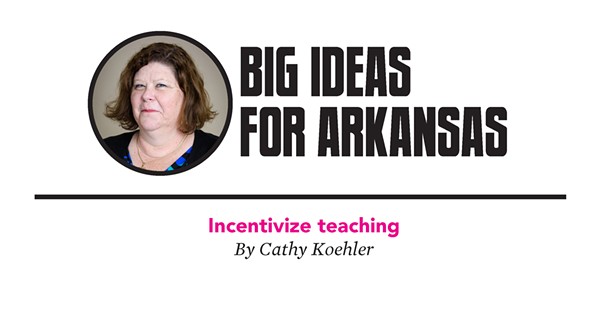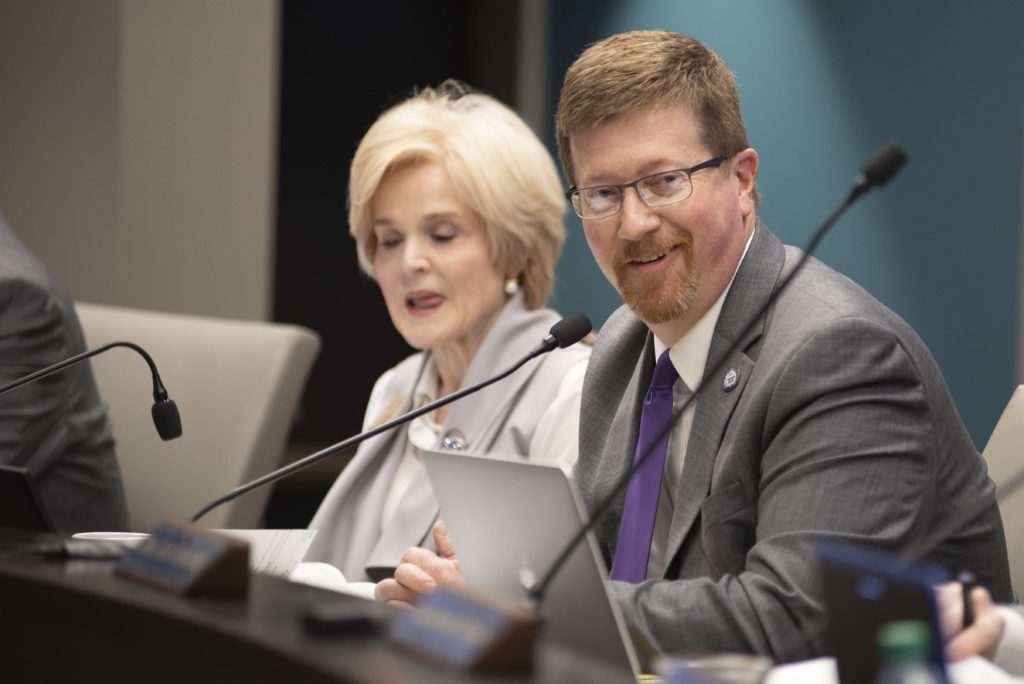 The Arkansas Education Association is deeply concerned by the actions of the State Board of Education to strip educators in the Pine Bluff and Little Rock School Districts of their due process rights.
The Arkansas Education Association is deeply concerned by the actions of the State Board of Education to strip educators in the Pine Bluff and Little Rock School Districts of their due process rights.
At a special board meeting on December 20, the board voted 8-1 to use the powers granted in Act 930 of 2017 to waive the Teacher Fair Dismissal Act and the Employee Fair Hearing Act in the Pine Bluff School District and 6-3 to waive both laws for educators in the Little Rock School District.
The Teacher Fair Dismissal Act and the Employee Fair Hearing Act were instituted to ensure students have the best educators in their schools and to allow them to advocate for what is best for students without fear of retaliation. These laws have ensured integrity in the work educators do with their students every day as well as provide a path to support continued educator growth in the profession.
Both districts are classified as in Level 5 Intensive Support Status, giving the State Board the authority to grant the waivers. However, neither superintendent requested the waiver, and Little Rock Superintendent Mike Poore struggled to answer board members when they asked directly if he wanted the waiver. Multiple board members, as well as the newly appointed Pine Bluff superintendent, said they believe most issues are not with teachers in classrooms and are instead at the administration level.
Dozens of parents, community members, elected officials and educators spent hours testifying heartfelt opposition to the proposals. Their effort to stand up for students and educators fell on deaf ears.
The waiver for the Pine Bluff School District is for the 2019/2020 school year. The waiver granted in Little Rock will take effect immediately.
Thursday’s attack on educators is yet another in a series of efforts to undermine public education in Arkansas. This sustained and wanton effort to erode, waive and undermine long-standing educational standards only serves to harm students and the education professionals supporting them every day.
Following the brazen disregard for public comment by the State Board of Education, we fear the attack on public education will only continue in January as the 92nd General Assembly convenes.
2019 marks AEA’s 150th year of advocating for public education, and we will continue to stand up for Arkansas’s students and educators in all forums where public policy is decided. We invite you to join us.
The Arkansas Education Association is a professional organization for teachers, education support professionals, students and advocates. Our fundamental objective is to work for quality and equitable public education for all of Arkansas students, the betterment of the Arkansas state education system and quality working conditions for educators.
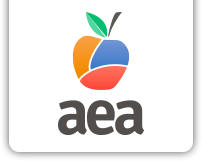



 Elections are how we hold our elected officials accountable. For this reason, educators must be involved.
Elections are how we hold our elected officials accountable. For this reason, educators must be involved. WASHINGTON, D.C. (July 19, 2018) – The NEA Foundation today announced that Jamie Stearns, an Eighth Grade Language Arts Educator at Benton Junior High School, is one of 46 public school educators who will receive the prestigious California Casualty Award for Teaching Excellence at the NEA Foundation’s Salute to Excellence in Education Gala next February in Washington, D.C.
WASHINGTON, D.C. (July 19, 2018) – The NEA Foundation today announced that Jamie Stearns, an Eighth Grade Language Arts Educator at Benton Junior High School, is one of 46 public school educators who will receive the prestigious California Casualty Award for Teaching Excellence at the NEA Foundation’s Salute to Excellence in Education Gala next February in Washington, D.C.

 Educators are no stranger to paperwork, but this may be
Educators are no stranger to paperwork, but this may be 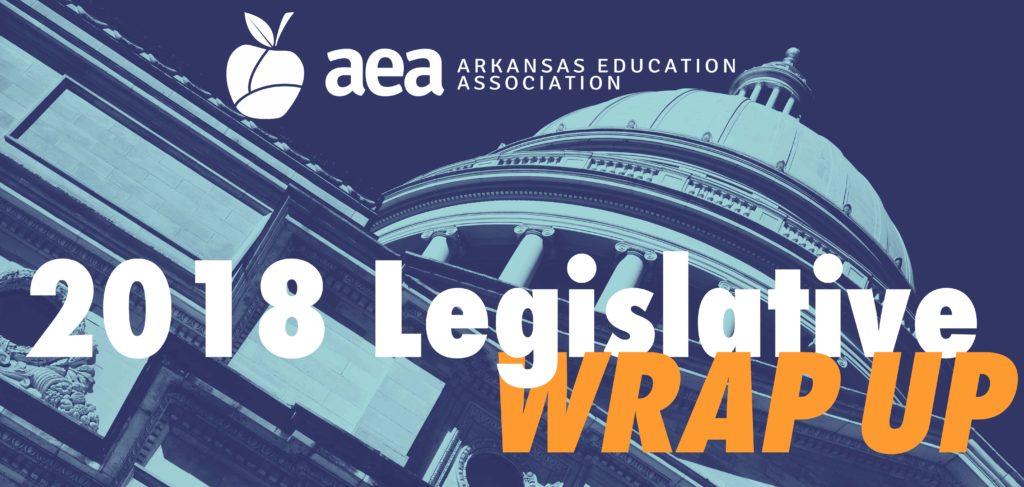

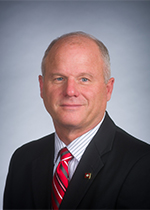 The House has elected Rep. Matthew Shepard, R, of El Dorado as the Speaker of the House replacing Rep. Jeremy Gillam, R, of Judsonia.
The House has elected Rep. Matthew Shepard, R, of El Dorado as the Speaker of the House replacing Rep. Jeremy Gillam, R, of Judsonia.

